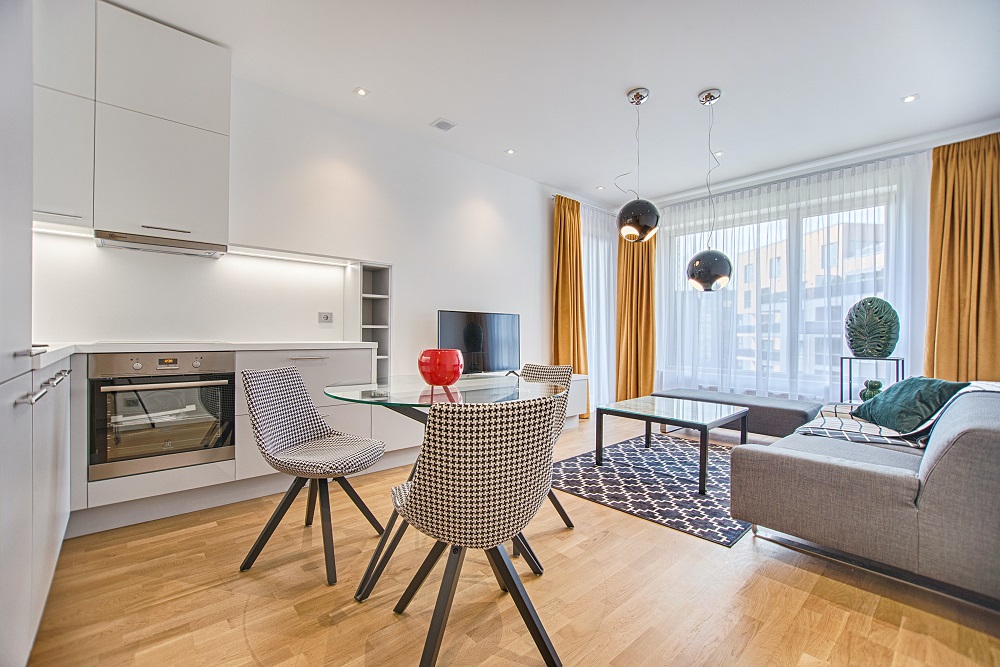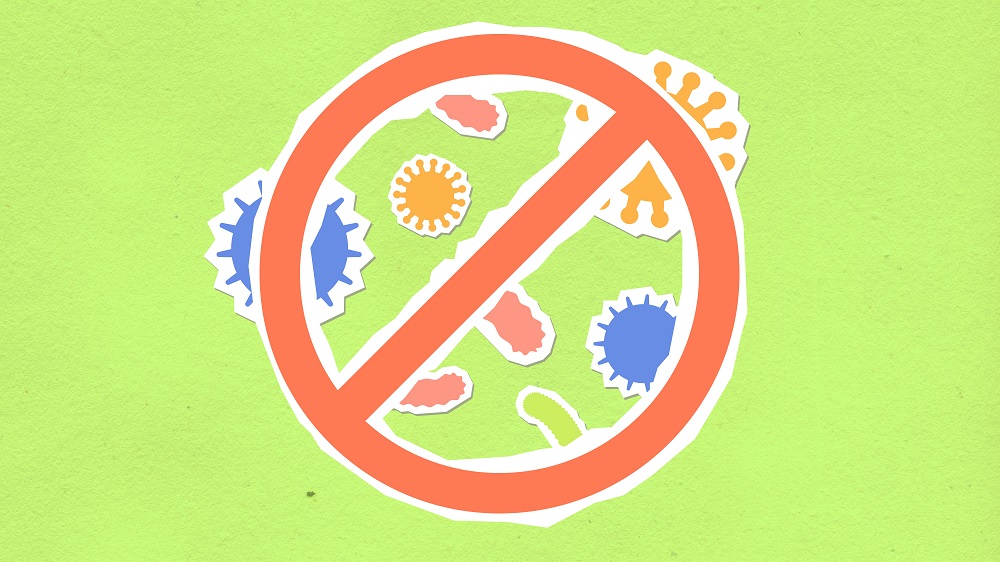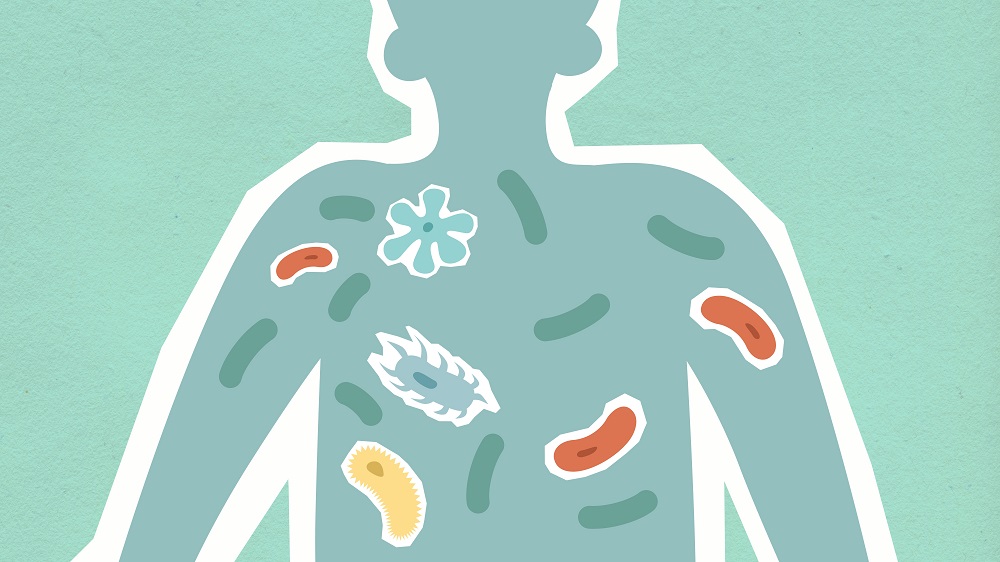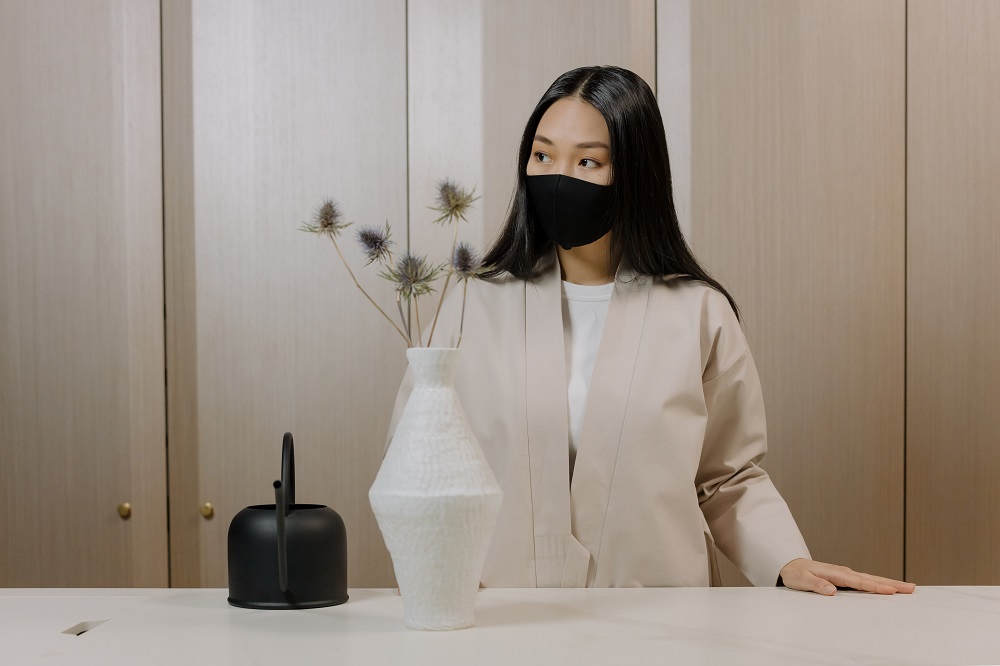Have you ever wondered how much of your time is spent on indoor activities? According to the Environmental Protection Agency EPA, we spend 93% of our lives indoors. That leaves us with only 7% of our time for the outdoors. Since we spend so much of our lives inside, at home and in the office, we should be aware of the impact that our surroundings have on us. The environment we live in can influence our mood, and our health and wellness in various ways. One of the things in our environment that we should pay attention to is air quality. Interestingly, the quality of indoor air can be up to 5 times worse than the outdoor air quality. This is why so many people find air purifiers to be an essential tool in their homes. So, do you really need an air purifier? Let’s find out.
What is an air purifier?

An air purifier is a device that can improve indoor air quality. It cleans the air by removing contaminants such as bacteria, viruses, mites, dust, pollen, mold spores, animal dander, cockroach droppings, and more. Air cleaners are available as a stand-alone device or a larger unit that can be attached to an air handler unit (AHU) or to an HVAC unit.
How does it work?
There are four common ways air purifiers can clean the air. The device might use one or more of these methods:
HEPA Filter: The high-efficiency particulate air filter can remove at least 99.97% of airborne pollutants with a size of 0.3 microns. An air purifier with a HEPA filter pulls air into the machine and passes it through the filter that traps the pollutants, while clean air comes out from the other side. HEPA filters are effective in removing dust, pollen, mold and some bacteria and viruses.
Activated carbon filter: This filter is a great addition to an air cleaner. Activated carbon is used to remove volatile organic compounds VOCS released from household products, as well as odors, vapors, gasses and tobacco smoke. It works in a similar way as the HEPA filter, trapping the contaminants and filtering them through a bed of activated charcoal.

Ionizer: Ionizers don’t have filters. They work in a completely different way from the HEPA and activated carbon filter, while still cleaning the air from dust, mold spores, smoke and allergens. Ionizers release negative ions into the air, which latch onto the airborne particles, causing them to be heavy and fall on surfaces in the room. The contaminants that stick on surfaces are not destroyed, they are supposed to be cleaned and vacuumed.
Ionizers aren’t the ideal air purifier. Some may cause negative effects such as increased risk of respiratory infections, shortness of breath, coughing and throat irritation. This can happen if you inhale ozone, which may be produced when your ionizer releases too many negative ions.
Ultra violet light: This feature in an air purifier uses short – wave ultra violet light that disinfects the air by inactivating airborne pathogens. This is the only air purifying method that is effective in killing viruses. The UV light works best when paired with a HEPA filter.
Benefits of an air purifier
Household air pollution can lead to health issues such as allergies, asthma, respiratory infection, arterial stiffness, heart disease and even lung cancer, which is linked to the harmful PM 2.5 and PM 10 particles. This is why getting enough fresh air is extremely important. Do you really need an air purifier?

Air purifiers really work. They are effective in improving indoor air quality by releasing clean air, which can have some amazing wellness and health benefits. These include:
- Improved sleep
- Lowered blood pressure
- Reduced risk of airborne diseases
- Relieved symptoms of asthma
- Relieved symptoms of dust, pollen and pet allergies
- Protection from respiratory illnesses
- Improved mood levels
- Reduced stress
These are some of the best reasons you need an air cleaner. So, if you’re wondering “Do I really need an air purifier?” you should definitely consider these benefits.
Who should get an air purifier?
Air cleaners are among the asthma and allergy friendly products certified by the allergy foundation of America. It’s clear that if you have dust, pet or pollen allergy, asthma or any respiratory issue, you should consider buying an air purifier.

If you’re perfectly healthy and wondering “Do we really need an air purifier?”, you should think about protecting your health and reduce the risk of certain diseases, as centers for disease control recommend using improvements in ventilation such as an air purifier.
What type of air purifier should you get?
The best air purifiers seem to be the ones with HEPA and activated carbon filters and those with HEPA and UV filters combined. To choose the best type of air cleaner for your home, you need to find one with a good clean air delivery rate CADR for your room size. The CADR of your device should be proportionate to at least two-thirds of your room’s size.
Do you really need an air purifier?

The bottom line is, yes, you probably do. Whether you need this device or not depends on many factors, such as the air quality in your city, your home pollution levels, your lifestyle and the condition of your health. In any case, you won’t regret breathing in clean, fresh air indoors and getting all of the benefits of it!